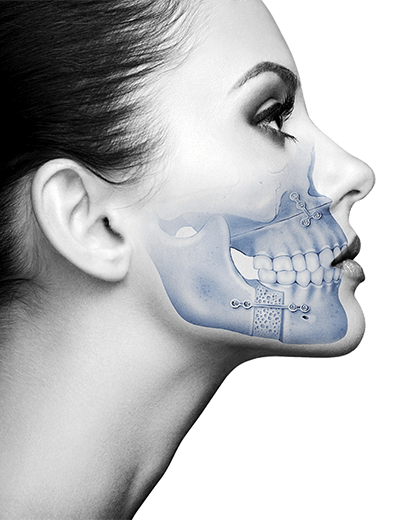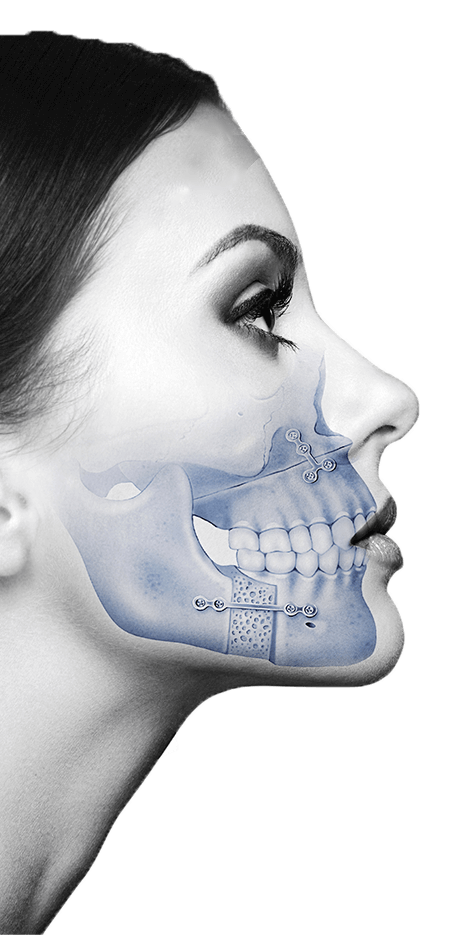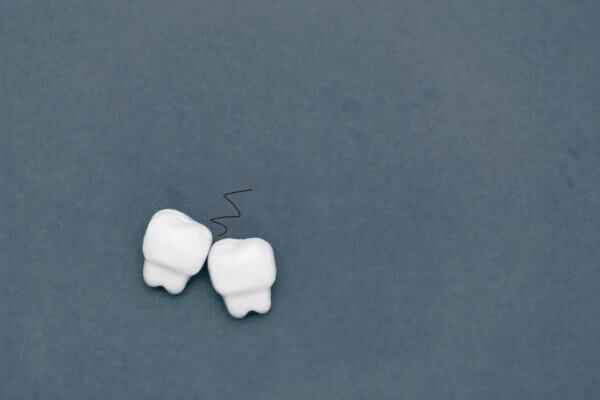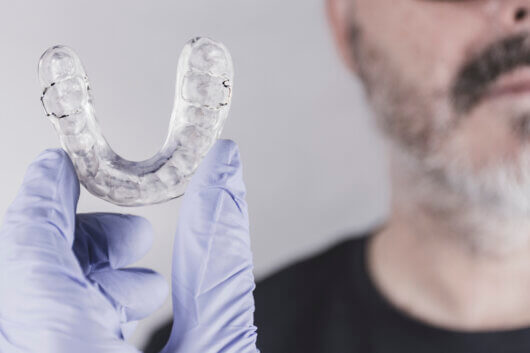Bruxism has become an increasingly common problem in adults of all ages, although many people suffer from it without knowing it.
What exactly is bruxism?
Bruxism is a disorder in which a person involuntarily clenches or grinds their teeth. It can occur during the day (daytime bruxism) or at night while sleeping (nocturnal bruxism). In both cases, the force exerted on the teeth and joints far exceeds that of normal chewing.
What are its causes?
There is no single cause, but several factors influence it:
- Stress and anxiety: the most common trigger. Many people channel tension by clenching their jaw, especially during sleep.
- Occlusion or bite problems: Poor alignment of the teeth or jaws can promote bruxism.
- Sleep disorders: such as sleep apnea.
- Neuromuscular habits: such as nail-biting, excessive gum chewing, or unconsciously tensing the muscles of the neck and face.
Most common symptoms
Signs of bruxism can vary depending on the type and intensity, but the most common are:
- Jaw pain or stiffness upon waking
- Headaches, especially in the temples
- Tooth wear or increased sensitivity
- Pain in the neck, ear, or face
- Clicking or blocking when opening the mouth
Over time, untreated bruxism can seriously affect the health of the temporomandibular joint (TMJ), cause tooth fractures, or even affect sleep quality.
How is it diagnosed?
A proper diagnosis is made by a maxillofacial specialist, who evaluates the joint, muscle pattern, occlusion, and the patient's habits. In some cases, an X-ray or MRI may be required to assess the condition of the TMJ.
What treatments are available?
Treatment will depend on the origin and impact of the bruxism. The most common options include:
- Custom night guards: These protect the teeth and help relax the muscles.
- Physical and myofunctional therapy: Especially if there is pain or joint dysfunction.
- Botulinum toxin (Botox): In cases where the masseter muscle is severely enlarged or bruxism is resistant to conventional treatment.
- Postural re-education and stress management: To address the underlying triggers.
Bruxism is not always easy to detect, but it does leave signs. Paying attention to minor symptoms and consulting a specialist early can prevent major complications in the long term. At the Maxillofacial Institute, we provide a comprehensive approach to bruxism, with accurate diagnoses and treatments tailored to each patient, from prevention to the most advanced solutions. Call us at +34 933933185 or email international@institutomaxilofacial.com to schedule your appointment.
Related content:
What is Craniomandibular Dysfunction?
Temporomandibular Joint (TMJ): Syndrome, Symptoms, and Treatments










